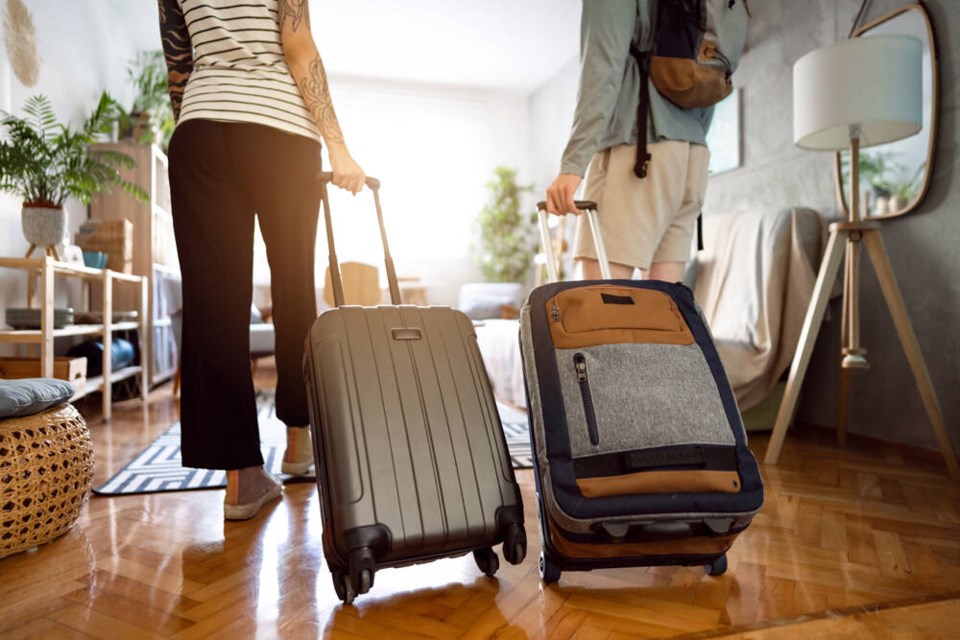On the eve of passing a suite of bylaws to legalize and regulate short-term rentals like Airbnb, the District of North Vancouver is hitting the brakes.
Council was set to vote Nov. 6 on new local rules that would have limited short-term rental licences to a host’s principal residence, including in basement suites and coach houses. Provincial legislation introduced on Oct. 16 is intended to make it easier for municipalities to enforce their rules against short-term rentals with stiffer fines and greater information sharing. But the province’s legal definition for principal residence differs from the district's.
Dan Milburn, general manager of planning and permits for the district, told council Monday that they must restart the process to ensure that district’s rules are better aligned with the provincial ones.
“Fundamentally, this is an important and useful change that the province is implementing,” he said. “I believe that the amendments proposed by the province are so significant that it justifies and requires, really, a reconsideration of the bylaws that have been before council, which means a new public hearing.”
The province’s definition of principal residence did not include secondary suites, although municipalities are free to make their own bylaws more strict. That will still be the case in the district’s next iteration of the bylaw, Milburn said.
“Staff’s opinion on that has not changed,” he said. “We believe that the 6,000-plus secondary suites in the community should be occupied themselves individually as a principal residence, either by the owner or long-term renter.”
As of Oct. 4, district staff had identified 1,018 short-term rental listings, or about three per cent of the total number of homes in the district.
The district’s proposed bylaws got mixed reviews from residents at a public hearing on Oct. 10. Short-term rental hosts turned out to say they needed the revenues to stay financially afloat. Others urged council to go ahead with the rules, seeing it as a way to open up more housing for the local workforce. And some came forward with noise and other nuisance complaints about existing short-term rentals that don’t face any enforcement.
Milburn said it is likely staff will report back in early 2024 with a public hearing to follow in the spring, which would allow the district’s short-term rental bylaw to come into effect at the same time as new provincial laws.
Mayor Mike Little acknowledged there was always some chance the district would have to pivot based on the province’s pending legislation, but added the change will likely be worth the wait.
“I’m glad to see, for the most part, they’re coming in our direction,” he said. “Hopefully with these changes, we’ll be able to put some of those 25,000 short-term rental spaces back into the long-term sphere and help bring down rental prices for people in British Columbia.”




